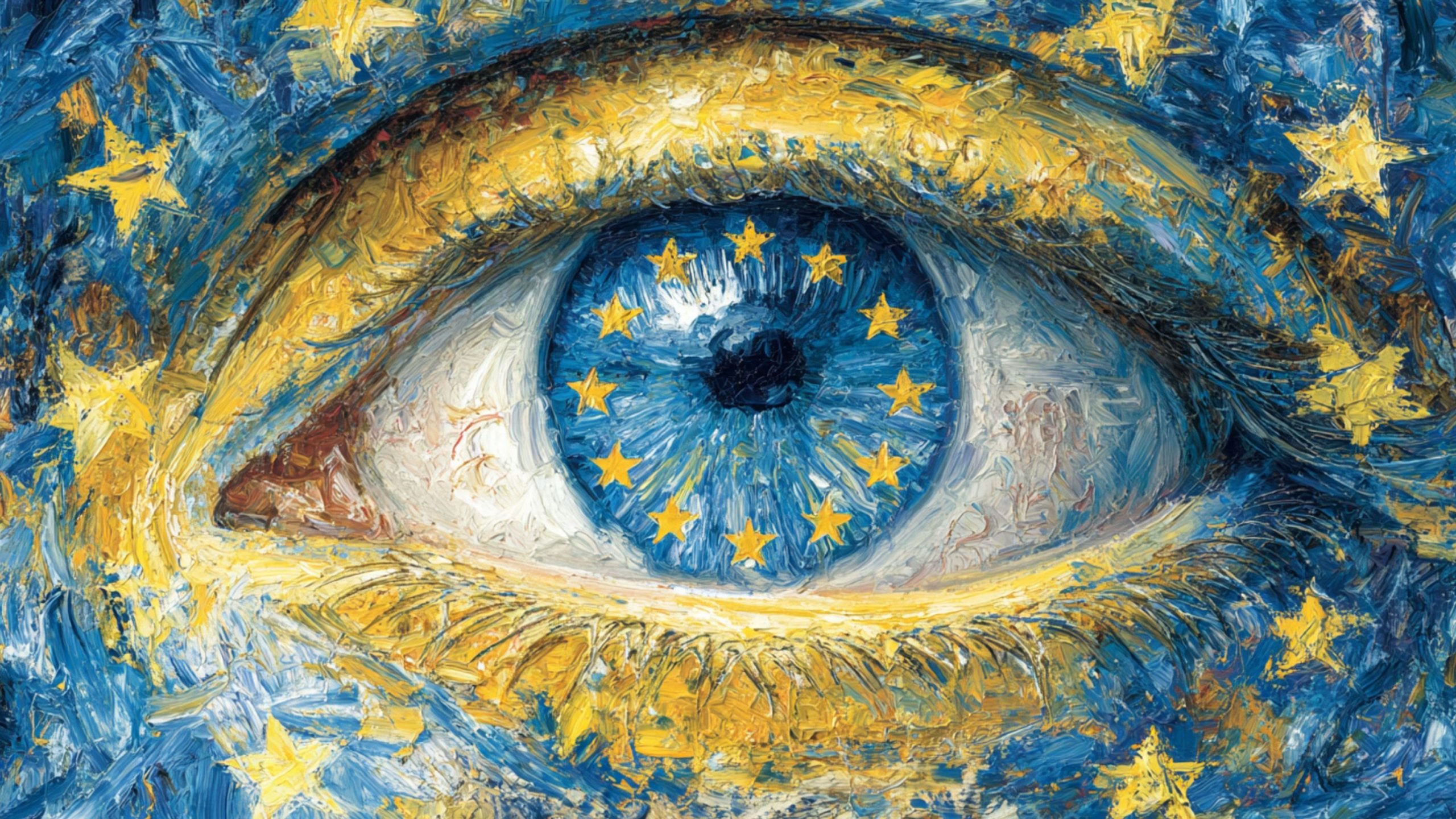A growing confrontation over major digital surveillance powers is unfolding within the European Union, as Denmark’s Justice Minister Peter Hummelgaard stands accused of using false claims to pressure hesitant governments into backing the European Commission’s proposed Chat Control 2.0 regulation.
In a press release, digital rights campaigner and former Member of the European Parliament Patrick Breyer has denounced what he describes as a manufactured crisis aimed at forcing through legislation that would subject all private communications in the EU to automated scanning.
Classified minutes obtained by Netzpolitik from a September 15 Council meeting reveal that Hummelgaard, currently presiding over the EU Council, told interior ministers that the European Parliament would block any renewal of the existing voluntary scanning framework unless governments agreed to adopt the new regulation.
Breyer immediately pushed back on this claim.
“This is a blatant lie designed to manufacture a crisis,” said Breyer.
“There is no such decision by the European Parliament…We are witnessing a shameless disinformation campaign to force an unprecedented mass scanning law upon 450 million Europeans. I call on EU governments, and particularly the German government, not to fall for this blatant manipulation. To sacrifice the fundamental right to digital privacy and secure encryption based on a fabrication would be a catastrophic failure of political and moral leadership.”
The regulation in question, officially called the Child Sexual Abuse Regulation (CSAR), would compel messaging platforms, email providers, and cloud storage services to scan all user content for potential child abuse material.
This would apply even to services using end-to-end encryption, meaning private conversations on platforms like WhatsApp, Signal, and iMessage would no longer be truly confidential.
Although supporters describe the system as targeted and limited, the legal framework allows broad application.
According to Breyer and legal analysts, nearly all major communication services could end up required to scan the messages of every user.
The claim that scanning would only be used as a “last resort” has also come under fire. The thresholds for issuing such orders are vague, and privacy experts argue that in practice, providers would face pressure to implement blanket scanning.
The scanning technology itself is also deeply flawed, with false positive rates reportedly ranging between 50 and 75 percent.
Innocent exchanges, such as family vacation photos or private romantic messages, could be incorrectly flagged and forwarded to authorities.
Even more concerning is that once flagged, the regulation requires not only the identified image or video to be reported, but also the full conversation thread.
These entire exchanges would be sent to a new EU-level agency and shared with law enforcement, raising serious questions about scope and oversight.
A provision in the Council’s draft has added further controversy.
Article 7 of the Danish compromise text explicitly exempts the communications of police officers, soldiers, and intelligence agents from being scanned.
Breyer views this as a glaring admission of the proposal’s dangers. “This cynical exemption proves they know exactly how unreliable and dangerous the snooping algorithms are,” he said.
“If state communications deserve confidentiality, so do citizens’, businesses’, and survivors’ who rely on secure channels for support and therapy.”
While Denmark continues to lead efforts to pass the regulation, opposition is building at home.
An internal Council working group is due to meet on October 9 to discuss the legislation, with a final vote expected on October 14. The outcome will likely depend on a small group of undecided countries, including Germany and Italy.
With time running out, privacy advocates are urging EU governments not to give in to political pressure based on misinformation.
They warn that adopting Chat Control 2.0 would open the door to constant surveillance of personal communications and dismantle long-standing protections for private digital life in Europe.










